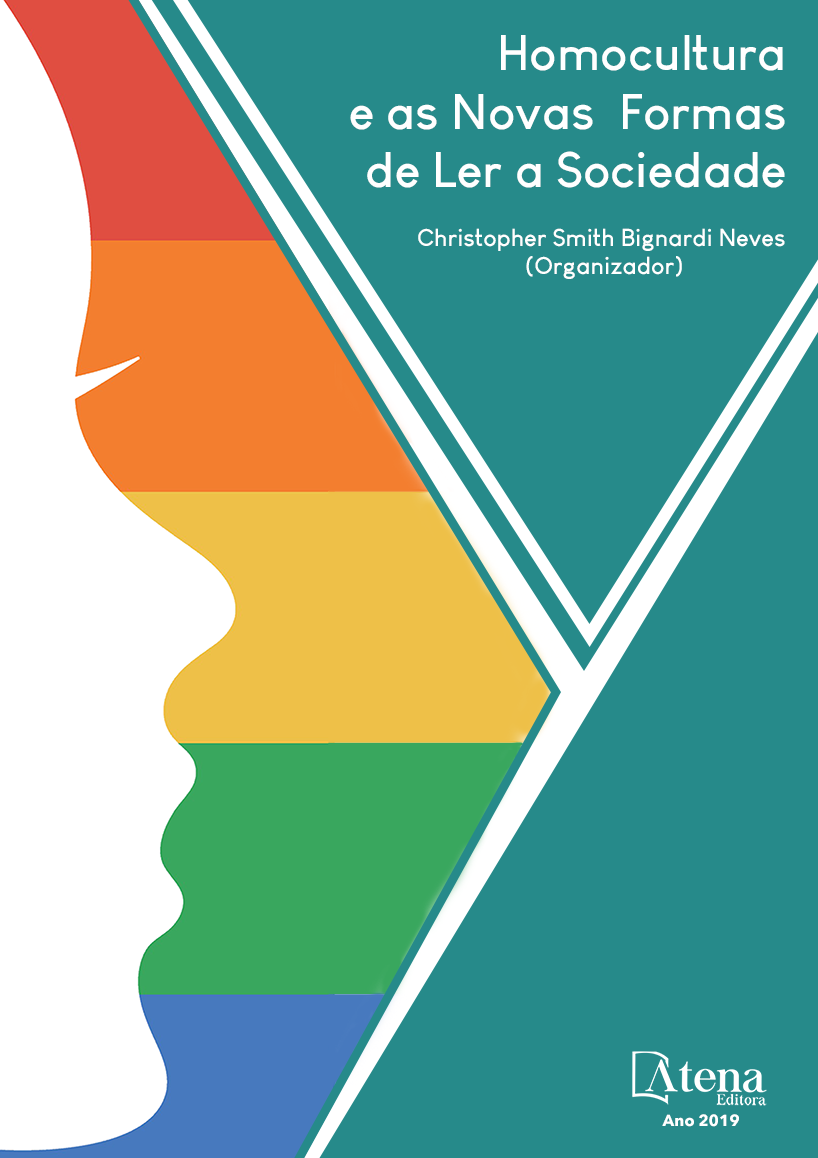
ANÁLISE INTERSECCIONAL DAS EXPERIÊNCIAS DE SAÚDE SEXUAL E REPRODUTIVA DE MULHERES DE COMUNIDADES REMANESCENTES DE QUILOMBOS DO INTERIOR MARANHENSE
O artigo apresenta as discussões
preliminares da pesquisa do doutorado em
Ciências Sociais, focaliza a saúde sexual
e reprodutiva das mulheres negras rurais
pertencentes às comunidades remanescentes
de quilombos no interior do Estado do Maranhão.
O direito à saúde da mulher já é garantido por
lei e por políticas públicas, contudo a garantia
da lei não é em si condição de acesso, visto
que as comunidades pesquisadas reclamam da
dificuldade de acesso a esses direitos. Portanto,
ao apresentar as especificidades sexuais e
reprodutivas desses grupos de mulheres quer
destacar que elas são marcadas por três
definidores de desigualdades sociais: o gênero
(mulher), a classe (trabalhadora rural) e a etnia
(mulheres quilombolas) e que para ampliar a
atenção a saúde não se pode desconsiderar
conjuntamente essas desigualdades que são
fruto do escravismo colonial e da estrutura social
decorrente. Compreende tais desigualdades,
de maneira entrelaçada, por meio da ferramenta
analítica interseccionalidade.
ANÁLISE INTERSECCIONAL DAS EXPERIÊNCIAS DE SAÚDE SEXUAL E REPRODUTIVA DE MULHERES DE COMUNIDADES REMANESCENTES DE QUILOMBOS DO INTERIOR MARANHENSE
-
DOI: 10.22533/at.ed.4441906116
-
Palavras-chave: Interseccionalidade, Mulheres Negras, Saúde Sexual e Reprodutiva.
-
Keywords: Intersectionality, Black Women, Sexual and Reproductive Health.
-
Abstract:
The article presents the
preliminary discussions of the doctoral research
in Social Sciences, focuses on the sexual
and reproductive health of rural black women
belonging to the quilombos communities in the
interior of the state of Maranhão. The right to
health the woman is guaranteed by law and
public policy, however the guarantee of the
law is not in itself a condition of access, since
the surveyed communities complain about the
difficulty of access to these rights. Therefore,
in presenting the sexual and reproductive
specificities of these groups of women want to
point out that they are marked by three definers of
social inequalities: gender (woman), class (rural
worker) and ethnicity (quilombola women) and
that to broaden health care these inequalities
that are the result of colonial slavery and the
resulting social structure cannot be disregarded together. Understands such inequalities through the intersectionality analytical tool.
-
Número de páginas: 15
- Rosangela de Sousa Veras


